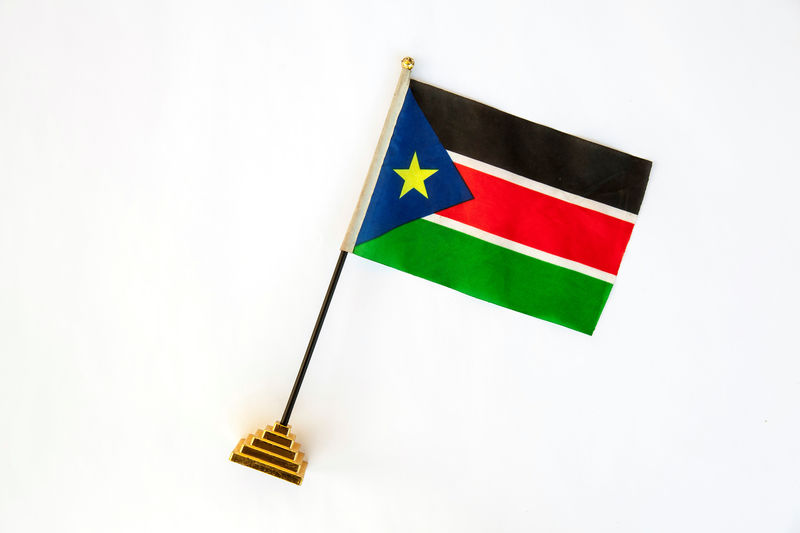NAIROBI (Reuters) - South Sudan's ousted army chief said he will return to the capital Juba on Thursday, two days after being dismissed and leaving the city in a convoy of vehicles, raising concerns over his next move.
General Paul Malong's removal follows the resignations of a string of senior military figures who alleged that there was ethnic bias in the army and that war crimes had been committed as the civil war dragged on. Some of them also vowed to overthrow President Salva Kiir.
"I am just waiting for a plane to come, and I will go back to Juba," he told Reuters by phone from the central town of Yirol in Lakes state, where he spent Wednesday.
"I do not know what I will go and do in Juba. I will go and just hear from those who have called me to come back," Malong said, adding that he had left the city because he wanted to rest.
Malong had driven out of the capital with several vehicles heading for his home state of Aweil in the northwest, leading to speculation that he might begin some kind of armed revolt.
"Malong should come back, and if he wants to go back to Aweil and do his other things, he will do them after coming back so that he does not make people feel like he was protesting when he was relieved," said Ateny Wek Ateny, the presidential spokesperson.
Ateny told Reuters that President Kiir may meet Malong once he returns.
South Sudan, which won independence from Sudan in 2011 and is the world's youngest nation, has been mired in civil war since 2013 when Kiir, an ethnic Dinka, fired his deputy, Riek Machar, from the rival Nuer community.
The move triggered a conflict that has pitched parts of the oil-producing country into famine, paralysed public services and forced a quarter of the population - 3 million people - to flee their homes. The United Nations has said the violence amounts to ethnic cleansing and risks escalating into genocide.
In a report, a U.N. panel of experts accused Malong last year of bearing "ultimate command responsibility" for a devastating military campaign in Unity state, where it said widespread destruction, targeting of civilians and violations of international law had taken place.
Malong dismissed the claims.
"I loved my people and my people loved me," said Malong, an ethnic Dinka. "Nobody will intimidate me."
The panel's 2016 report also said Malong's replacement as chief of staff, General James Ajongo, and other top military officials, worked with him and other top military officials to plan the offensive and "subsequently oversaw its execution."
